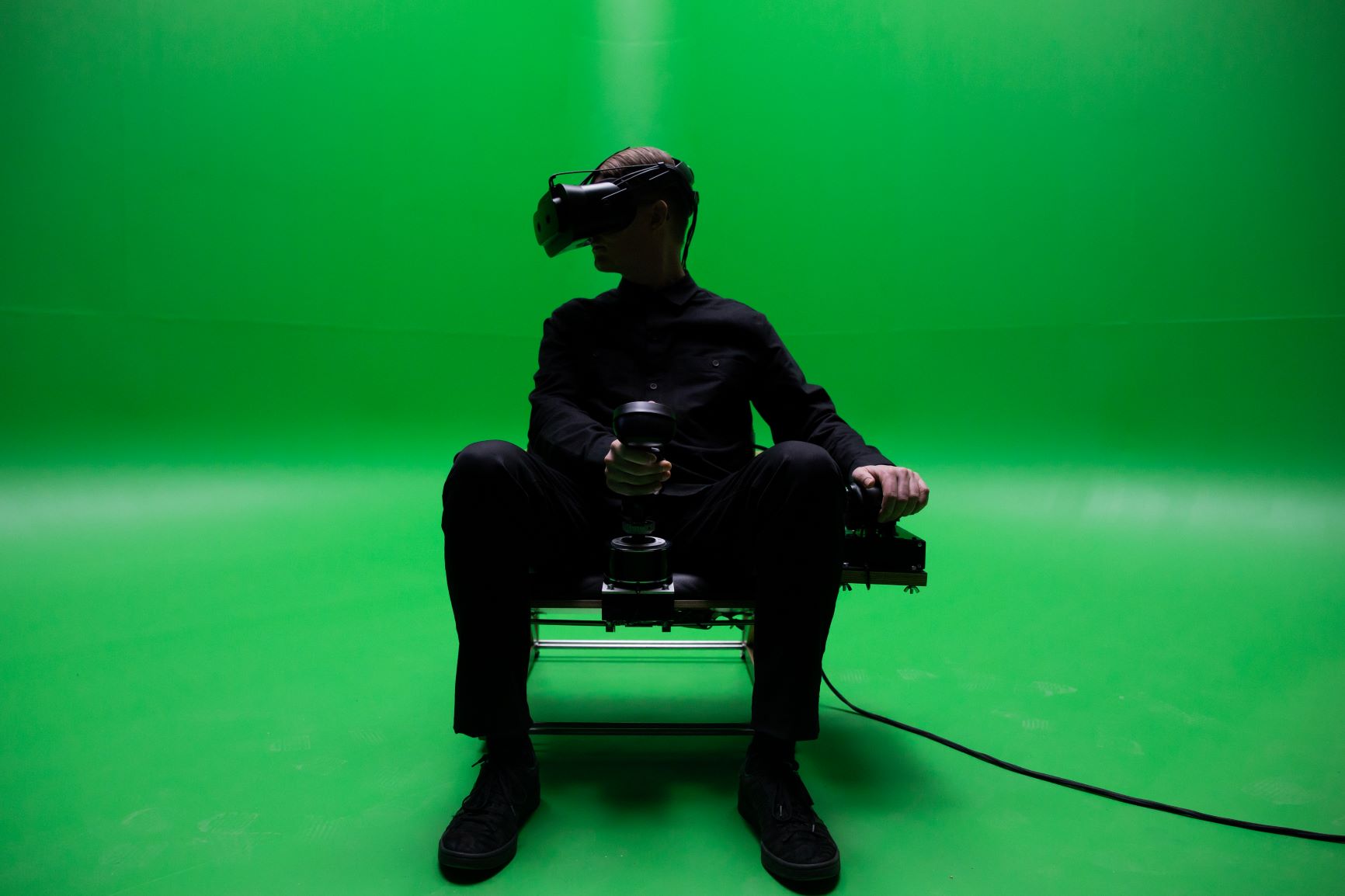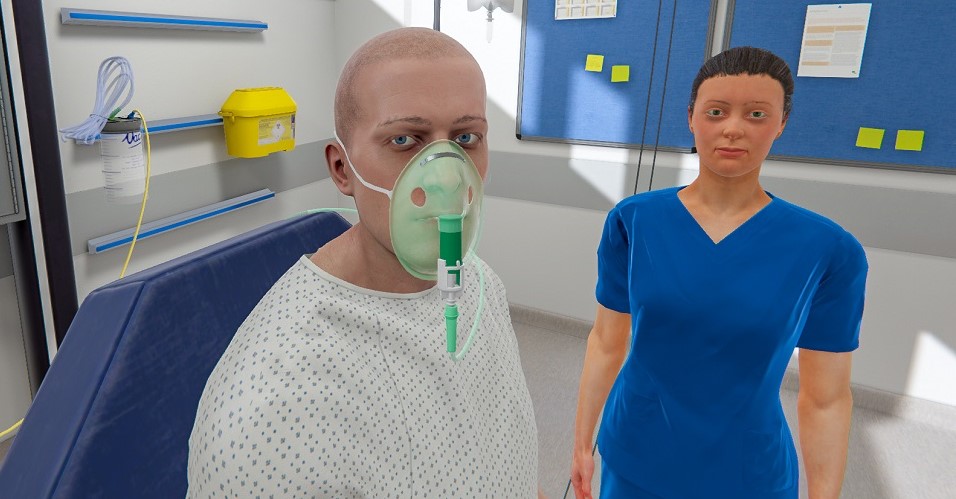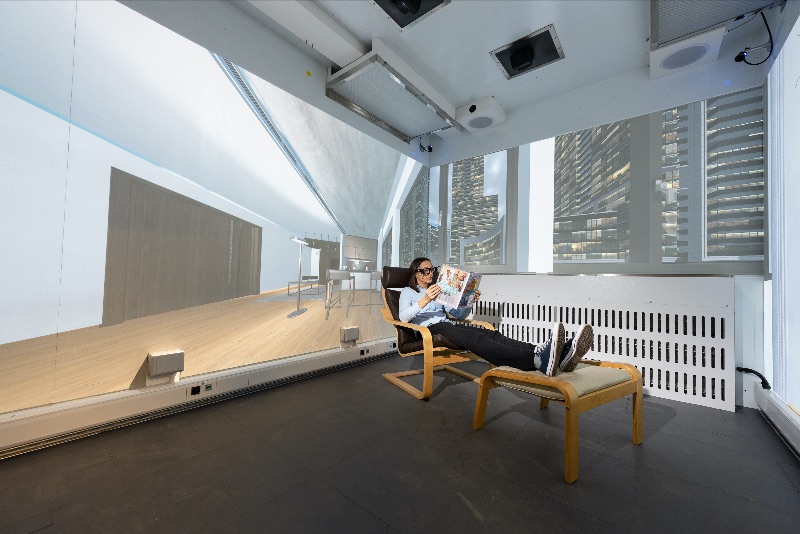The Future of Training – Editorial Comment
New Editor Andy Fawkes and SCT colleagues deep dive into key technologies which are driving the transformation of training. “at the start of the decade, what is the future of training in the safety critical sector and what are the challenges and opportunities that might lie ahead?” The Future of Training The simulation and training domain never ceases to interest me with its synergy of people and technology, and its challenges both enduring and emergent. It has a global community that for the most part shares its ideas and standards and looks to other sectors for innovation. So, at the start of the decade, what is the future of training in the safety critical sector and what are the challenges and opportunities that might lie ahead? Will we still need training in the future? Given the current conversations around automation and AI one might think we will not need humans at all. However, although we see striking developments in both civil and military domains, it will be a long time before machines can be as versatile and agile in thinking as humans. It is more likely that the nature of many tasks will change and that there will be more human and [...]




